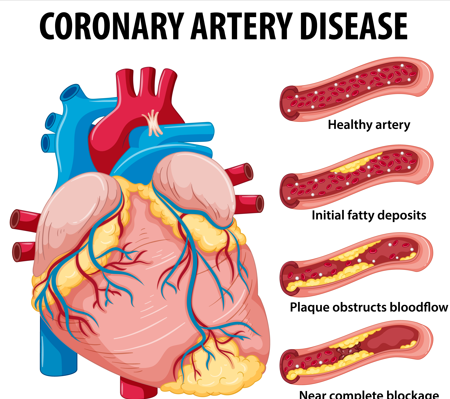<script type="text/javascript"> atOptions = { 'key' : '01a703cc2d103124f24b3f49079210af', 'format' : 'iframe', 'height' : 50, 'width' : 320, 'params' : {} }; </script> <script type="text/javascript" src="//offenceperiod.com/01a703cc2d103124f24b3f49079210af/invoke.js"></script><script type="text/javascript"> atOptions = { 'key' : '01a703cc2d103124f24b3f49079210af', 'format' : 'iframe', 'height' : 50, 'width' : 320, 'params' : {} }; </script> <script type="text/javascript" src="//offenceperiod.com/01a703cc2d103124f24b3f49079210af/invoke.js"></script><script type="text/javascript">
atOptions = { 'key' : '01a703cc2d103124f24b3f49079210af', 'format' : 'iframe', 'height' : 50, 'width' : 320, 'params' : {} }; </script> <script type="text/javascript" src="//offenceperiod.com/01a703cc2d103124f24b3f49079210af/invoke.js"></script>What Is Cholesterol?
Cholesterol is a fat-like substance found in your blood. Your body needs some cholesterol to build cells and make vitamins and hormones. But too much can cause health problems like heart disease and stroke.
There are two types:
Good Cholesterol (HDL): Helps remove bad cholesterol.
Bad Cholesterol (LDL): Can build up in your arteries and cause blockages.
The type of cholesterol that is considered dangerous for humans is:
LDL Cholesterol (Low-Density Lipoprotein)
Often called “bad cholesterol.”
It can build up on the walls of your arteries, creating blockages.
This increases the risk of heart attack, stroke, and other cardiovascular diseases.
In Short:
LDL = Bad (Dangerous)
HDL = Good (Protective)
Eat Heart-Healthy Foods:
More fruits, vegetables, whole grains, nuts, and fish.
Less red meat, fried foods, and packaged snacks.
Exercise Regularly:
At least 30 minutes of walking, cycling, or swimming most days.
Maintain a Healthy Weight:
Losing extra weight helps lower bad cholesterol.
Avoid Smoking and Limit Alcohol:
Both increase cholesterol problems.
Check Your Health Regularly:
Get blood tests to monitor cholesterol levels.
Medication:
If lifestyle changes aren’t enough, doctors may prescribe cholesterol-lowering medicines.
Here are simple and effective ways to reduce high (bad) cholesterol (LDL) naturally:
1. Eat Heart-Healthy Foods
Increase:
Oats, whole grains, fruits, vegetables, nuts, fatty fish (like salmon).
Decrease:
Fried foods, red meat, butter, full-fat dairy, packaged snacks.
2. Exercise Regularly
Aim for at least 30 minutes of brisk walking, cycling, or swimming 5 days a week.
Exercise helps raise HDL (good cholesterol) and lower LDL (bad cholesterol).
3. Maintain Healthy Weight
Losing just 5–10% of your body weight can make a difference in cholesterol levels.
4. Quit Smoking & Limit Alcohol
Both raise LDL and lower HDL.
5. Take Medication if Needed
Doctors may prescribe cholesterol-lowering drugs if lifestyle changes are not enough.


Post a Comment